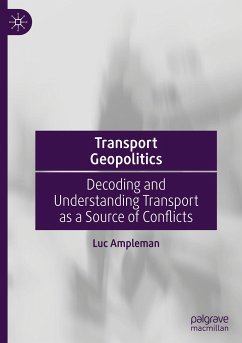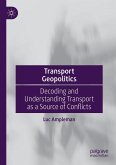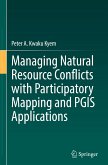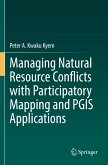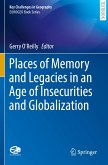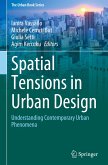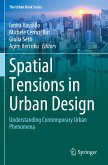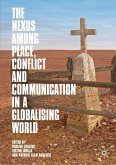This book provides readers with fresh new theoretical tools to better understand how sociopolitical actors (from governmental institutions to ecological NGOs; from local residents to multinational companies) clash about transport initiatives. It questions both the dominant understanding of what is geopolitics and conventional conceptions in transport geography used by transport planners. Drawing on a structuralist approach and addressing the capital notion of 'political control of mobility', it demonstrates how transport geopolitics, by being more inclusive of all modes of transport and all scales of analysis, may help prepare transport diplomacy in a time of critical global and local turbulences. It offers a valuable resource for research and teaching in the fields of transport studies, land-use planning, conflict studies, human geography and politics, presenting insightful theoretical material and concrete transport conflict examples to support teaching about territorial conflicts, political governance and transport political geography.
Bitte wählen Sie Ihr Anliegen aus.
Rechnungen
Retourenschein anfordern
Bestellstatus
Storno

